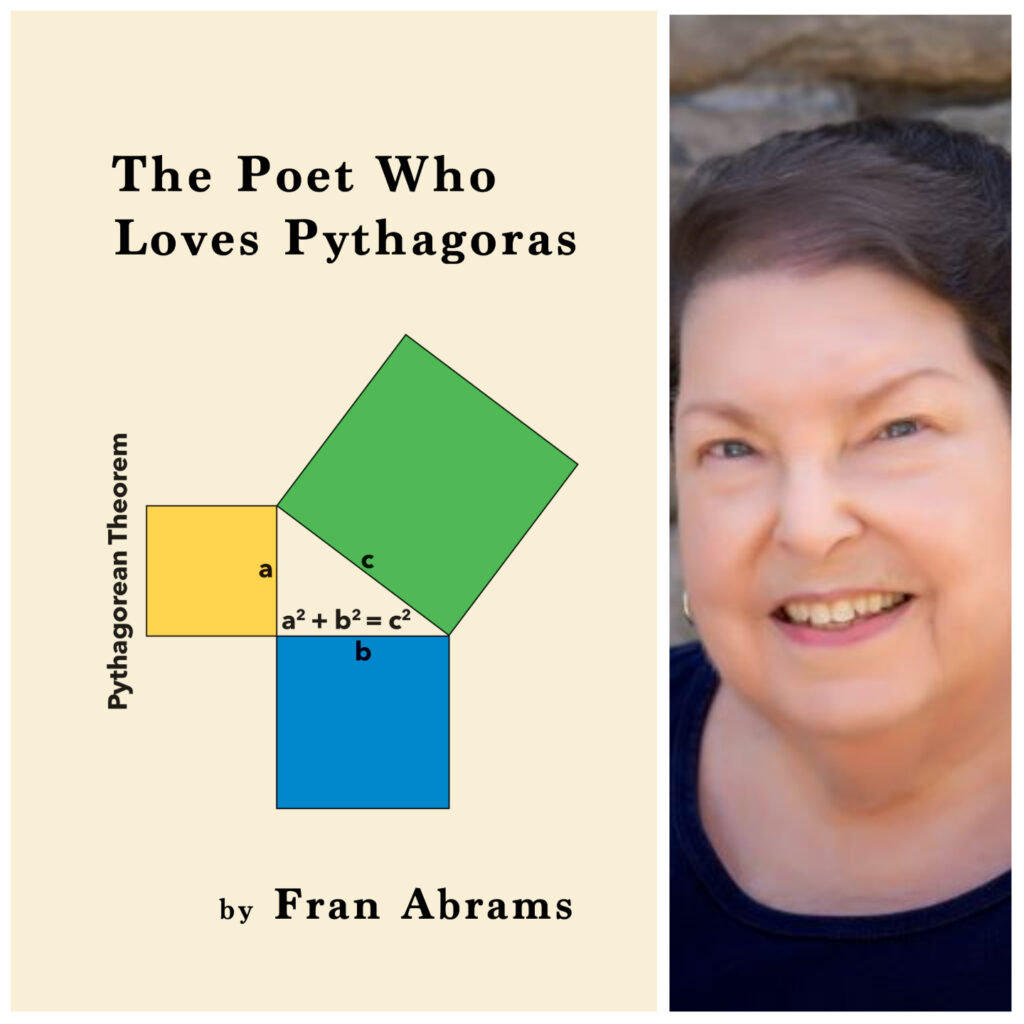
It now has its own blog where book bloggers can link up their own mailbox posts and share which books they bought or which they received for review from publishers, authors, and more.
Emma, Martha, and I also will share our picks from everyone’s links in the new feature Books that Caught Our Eye. We hope you’ll join us.
Here’s what I received:

A shimmering girl who disappears in daylight. A boy who goes to war and comes back forever broken. New landscapes in which old ghosts appear, telling their bits of stories. Lovers and losses, visions and dreams—such are the people, places, and images who fill Rose Solari’s third collection of poetry, The Last Girl. Moving beyond the often-narrative constructions of her previous collection, the poems in this collection tell their truths slant-wise, in spiky, inventive lines that sing their way under the reader’s skin. Solari’s whole-hearted lyricism of her elegiac moments, linguistic inventiveness, and range of tones sweep the reader from dark to light, from pain to joy, from unbearable loss to giddy delight. The poems in this collection represent a writer working at the peak of her powers, possessed of technical mastery, fierce perception, and a tender but unsentimental heart.

The poems in this volume explore the experiences of love and loss; of motherhood and childhood; and of living between the two cultures of America and Bulgaria.
What did you receive?

























